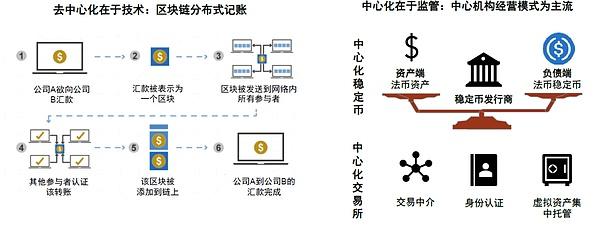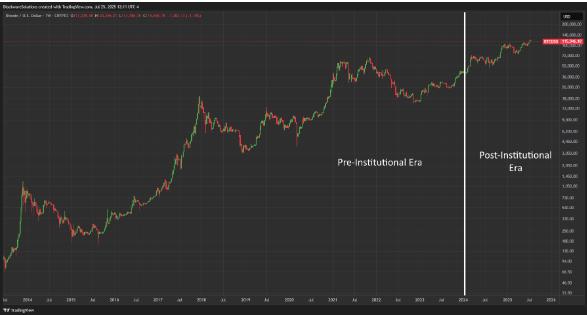The Hong Kong Stablecoin Regulation will take effect on August 1st (next Friday), and the Financial Management Bureau plans to release a summary of the "Stablecoin Issuer Licensing System" on the 28th, providing applicants with more detailed guidelines to clarify specific requirements for stablecoin issuers in areas such as anti-money laundering, reserves, and information disclosure.
Against the backdrop of significant market gains in stablecoin concept stocks, on July 23rd, Norman Chan, CEO of the Hong Kong Monetary Authority, wrote an article titled "Steady Development of Stablecoins", calling for "avoiding excessive speculation" and warning against over-conceptualization and bubble trends. At the same time, he reminded of the need to prevent financial risks.
Currently, the stablecoin sandbox has three test groups: Circle Innovation Technology Co., Ltd., JD CoinChain Technology (Hong Kong) Co., Ltd., and a joint venture established by Standard Chartered Bank (Hong Kong), Animoca Brands, and HKT.
Recently, according to a Hong Kong industry insider, 50 to 60 companies are interested in applying for Hong Kong stablecoin licenses, including state-owned enterprises and financial institutions from mainland China, as well as internet giants.
Call for Caution Against Speculation, Initial Phase May Only Approve Limited Stablecoin Licenses, Unlicensed Promotion Will Be Criminalized
[The rest of the translation continues in the same manner, maintaining the original structure and translating all text to English while preserving specific terms and names as requested.]Additionally, the Ping An Securities report also mentioned that the stablecoin business activities under Hong Kong's jurisdiction include not only issuing designated stablecoins in Hong Kong, China, but also issuing stablecoins pegged (or partially pegged) to the Hong Kong dollar outside of Hong Kong. China's proactive layout in the stablecoin market can inject new momentum into RMB internationalization and break the monopolistic position of US dollar stablecoins.
Banks Competing to Serve as Custodian Banks
According to the 21st Century Economic Report, some institutions intending to apply for licenses have already determined their custodian banks: Zhong An Bank and Deutsche Bank have been selected by institutions; Standard Chartered Bank and Hang Seng Bank are potential custodian banks; HSBC has recently launched new virtual asset-related services; additionally, Chinese banks in Hong Kong are actively deploying, with China Merchants Bank's China Merchants Wing Lung Bank expanding its promotion of stablecoin custody business.
Banks can expand distribution and trading businesses through their custodian bank status, further enriching their income sources. For Hong Kong's banking industry, custody business is an ideal light-asset business in a low-interest-rate environment.
Industry insiders estimate that the industry average custody fee is 0.1%-0.5%. Taking Circle, the "first stablecoin stock", as an example, it needs to pay custodian banks hundreds of millions of dollars in custody fees annually. Despite the broad prospects of custody business, regulations are becoming increasingly stringent. The Hong Kong Treasury Bureau and Securities and Futures Commission have launched a joint public consultation on legislative proposals for licensing digital asset trading and custody service providers, aiming to strengthen regulation of crypto asset custody business and streamline related licenses to VATP, VAOTC, and VA Custody.
According to Caixin, some stablecoin concept stocks are taking the opportunity to conduct rights issues. Zhong An Online, which sparked this round of stablecoin concept Hong Kong stock investment fever, announced on June 26 a plan to issue 220 million shares at HK$18.25 per share, completing the rights issue on July 4 and raising HK$3.92 billion; Lian Lian Digital, which is evaluating the feasibility of applying for stablecoin licenses in Hong Kong and Singapore, also entered into a placement agreement on July 12, intending to issue 38.4 million shares at HK$10.25 per share, raising HK$393.6 million.
Overall, with the Stablecoin Ordinance officially taking effect on August 1, Hong Kong's stablecoin market will usher in a new landscape. As the market gradually matures, stablecoins are expected to play a more important role in cross-border payments and digital asset markets. However, strict short-term regulations will also ensure that market participants have sufficient technical and risk management capabilities to effectively prevent financial risks. PANews will closely follow subsequent developments.







